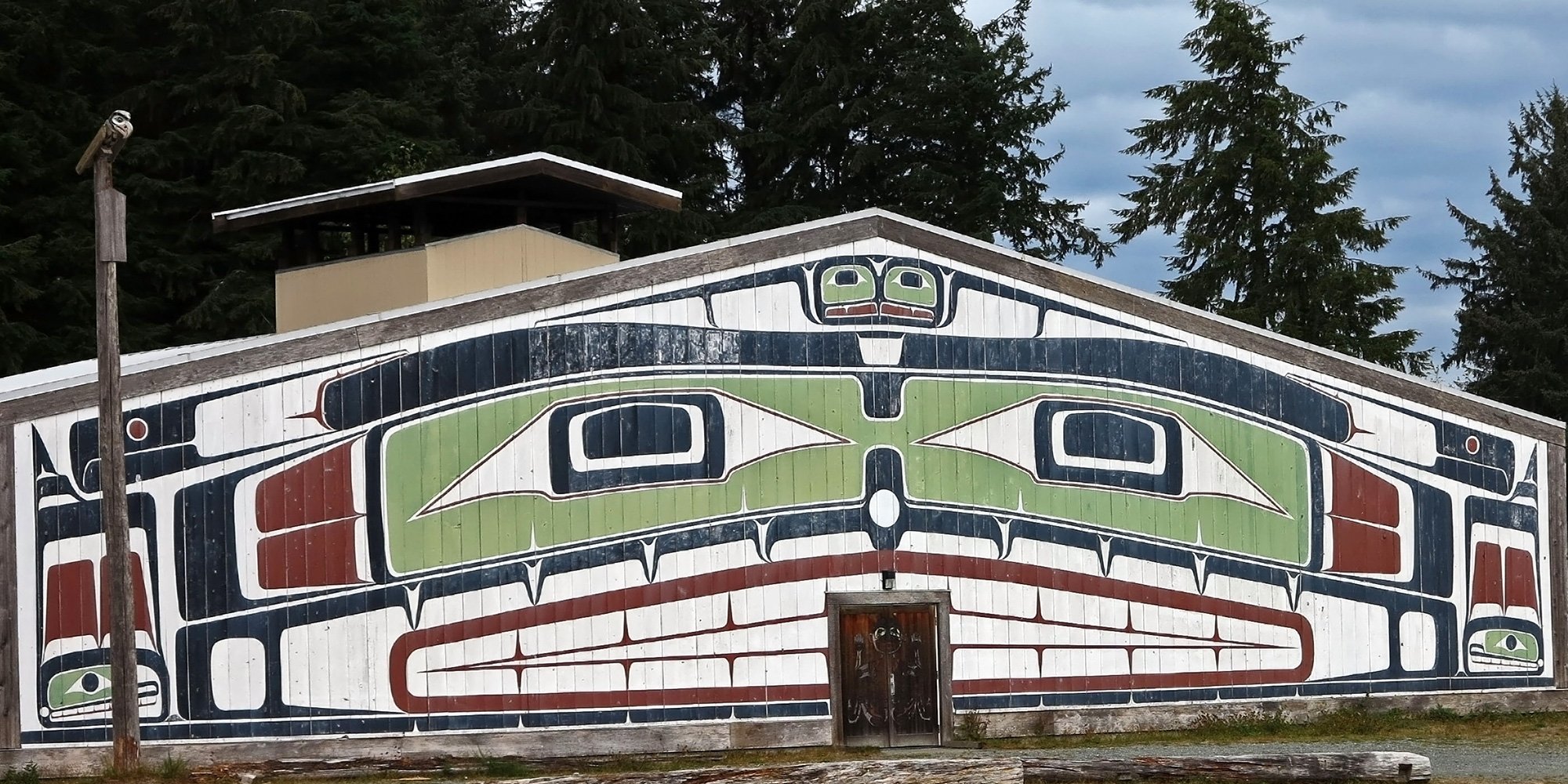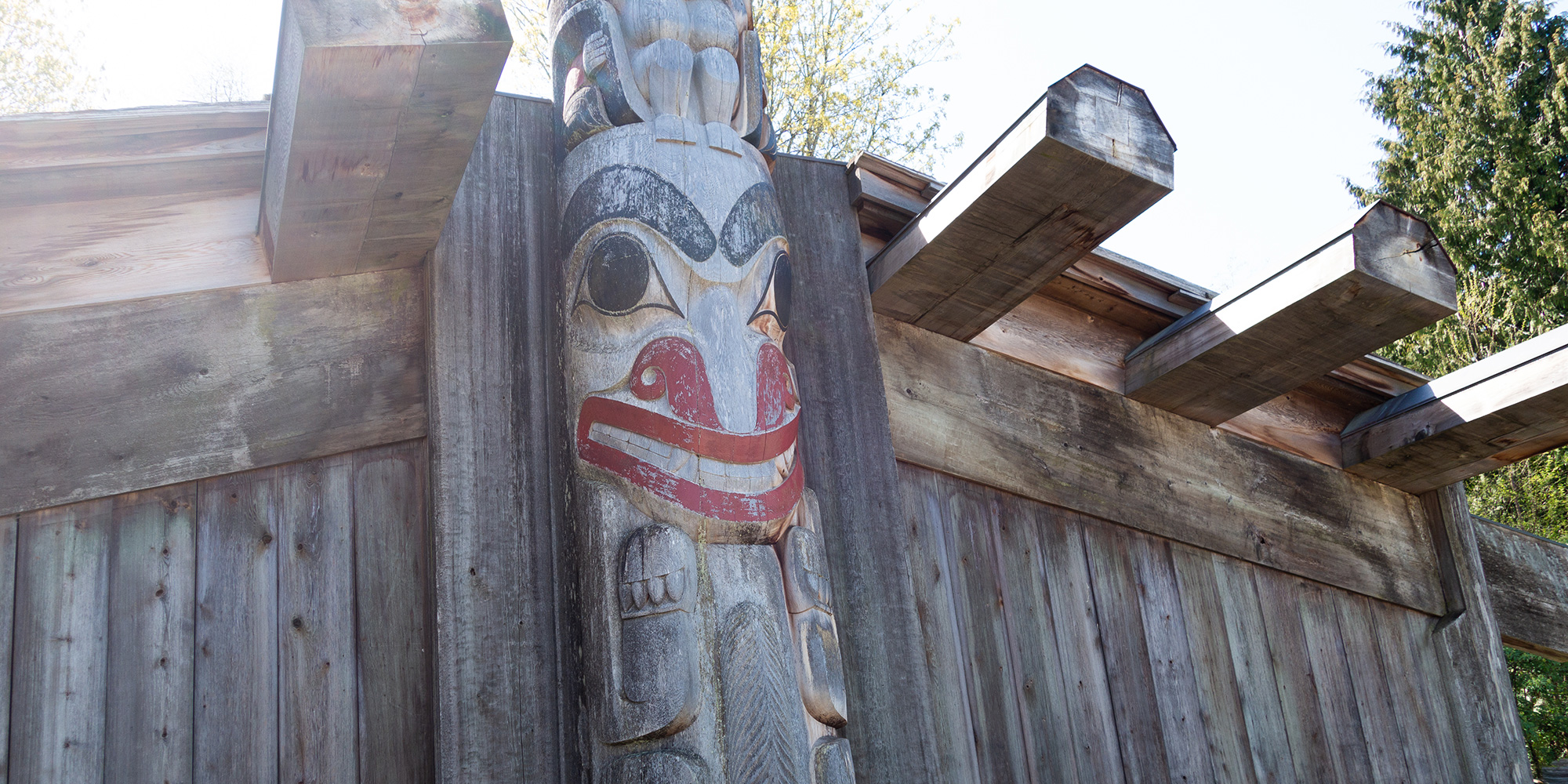What Is Indigenous Self-Reliance?
Indigenous Peoples want the ability to participate in the political, and more importantly, the economic mainstream without having to rely on federal...

In recent decades, there has been significant pressure to address historical Indian Act issues. That pressure has been imposed by the combination of increasingly organized and effective political actions by various Indigenous groups, and the series of Supreme Court of Canada decisions primarily arising out of British Columbia. These actions and decisions established the validity of the concepts of unextinguished Indigenous title and Indigenous rights of self-determination. Band Chiefs and Councils, other Indigenous leaders across the country, and human rights leaders have called for increased Indigenous autonomy from the federal government and the Indian Act.
What is the difference between self-determination and self-government? Basically, it is a broader right than that of self-government.
Self-determination is codified by Article 3 of the UN Declaration on the Rights of Indigenous Peoples (UNDec), which states, “Article 3. Indigenous peoples have the right of self-determination. By virtue of that right they freely determine their political status and freely pursue their economic, social and cultural development.”
Self-government is codified under Article 4, UNDec, which states, “Article 4. Indigenous peoples, in exercising their right to self-determination, have the right to autonomy or self-government in matters relating to their internal and local affairs, as well as ways and means for financing their autonomous functions.”
For those looking to build on their understanding of the UN Declaration on the Rights of Indigenous Peoples, our Working with the UN Declaration on the Rights of Indigenous Peoples training is a suggested option.
In Canada, as is the way with most Indigenous issues, the issue of self-determining governments has been actively studied by many for many decades, with many reports produced. Despite the years and the variety of studies, the reports generally have these points in common:
- The need to recognize and advance First Nations jurisdiction or self-determination as a central feature of successful, legitimate and accountable governance.
- The importance of direct engagement by citizens in any change.
- The importance of First Nations jurisdiction and the nation-to-nation relationship as part of the requirements to ensure successful development.
- The need for engagement and consent of First Nations governments to any federal legislative initiative affecting First Nations government particularly the exercise of federal s. 91(24) jurisdiction. [1]
In order for First Nations in Canada to more readily realize this objective, a radical transformation in the status quo, of which the contentious Indian Act is the source of the rot at the core, is required. Only such radical change will enable communities to truly open the door to this concept as a means to reduce dependency on the federal government, restore family and community as the foundation of responsible government, and enable and empower communities to deal with the challenges they face.
This article was originally posted on July 16, 2012.
[1] Assembly of First Nations, “Self-determination”: Realizing our Rights and Responsibilities
Featured photo: Shutterstock

Indigenous Peoples want the ability to participate in the political, and more importantly, the economic mainstream without having to rely on federal...

Perhaps a more accurate question would be, “Why do Indigenous Peoples want self-government back?” Long before European contact, Indigenous Peoples...

“Indigenous self-government” is a term that carries some misunderstanding. And as we’re likely to be hearing about it more frequently as Indigenous...